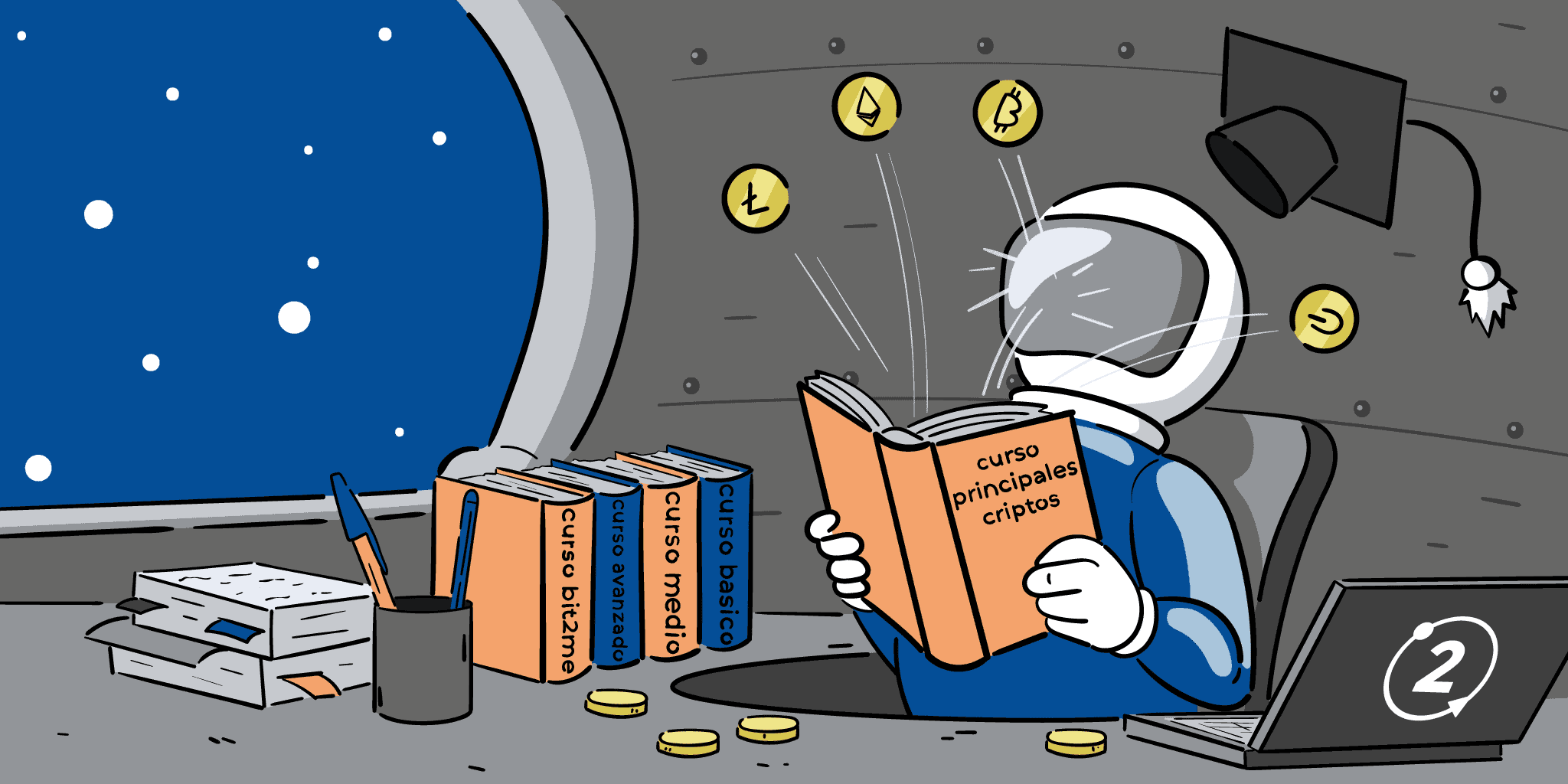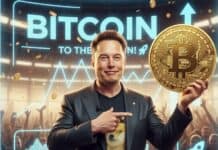
Donald Trump distanced himself from Binance and its most recognized figure, Changpeng Zhao, during a recent interview in which he claimed "not to know" who this person is.
In October, US President Donald Trump granted a presidential pardon to Changpeng Zhao, the former CEO of Binance, who had been convicted of money laundering-related offenses.
Zhao pleaded guilty in 2023 and served a four-month prison sentence in 2024. After this, the presidential pardon, announced by the White House, was presented as a logical response to what Trump called a “witch hunt” by the Joe Biden administration.
However, the controversy was not limited to the act of clemency shown last month. During a interview On CBS's 60 Minutes, Trump was questioned about his relationship with Zhao, but his direct response was: “I don’t know who he is”Far from dispelling doubts, it ignited the debate on institutional transparency and the links between political power and the crypto sector.

Changpeng Zhao is one of the most recognized figures in the digital finance ecosystem. His role as founder of Binance has made him a global icon. Therefore, Trump's claim that he doesn't know him has been met with skepticism, especially considering that the platform was linked to digital initiatives associated with the Trump family.
Create your account and buy crypto at Bit2MeThe controversy surrounding Trump's presidential pardon in the digital market
President Trump's pardon of Zhao reopens the debate about the limits of executive power in judicial matters, while sending mixed signals to the financial market. On the one hand, it is interpreted as institutional flexibility toward key figures in the crypto ecosystem. On the other, the denial of knowledge regarding Zhao raises questions about the criteria behind decisions that directly impact the perception of regulatory legitimacy.
The White House justified the measure by claiming that Zhao was targeted “despite no allegations of fraud or identifiable victims.” This narrative reinforces the idea that the current administration is seeking to [target Zhao]. repositioning the crypto sector as part of its economic strategy, in contrast to the more restrictive stance of the previous Biden administration.
From a macroeconomic perspective, the gesture can be interpreted as part of an attempt to attract digital capital and revive certain investment dynamics. However, the ambiguity of the presidential discourse—pardoning and then denying knowledge—creates noise in institutional channels and complicates the strategic analysis of the regulatory environment.
Bit2Me connects you to the main cryptocurrenciesCryptocurrencies facing an ambiguous narrative
In the crypto world, where trust and reputation play a crucial role, Trump's statements have been met with caution. Zhao, known as CZ, is a prominent figure who has influenced the global expansion of digital assets. His conviction and subsequent pardon not only affect his personal image but also reshape narratives about governance, regulatory compliance, and relationships with political power.
Therefore, Trump's statements on the matter appear to be a strategy to distance himself from the case, even though the act of granting a pardon implies knowledge and responsibility. In this context, the crypto ecosystem welcomes the possibility of greater institutional openness; however, it also questions the consistency of figures like Trump, who should be guaranteeing stability and predictability.
The incident has also reignited the debate about conflicts of interest, especially given the links between Binance and digital projects associated with the Trump family. Although the president has insisted that his sons' businesses are separate from government affairs, public perception remains a key factor in building trust.
Beyond the political noise. Buy crypto on Bit2MeThe crypto market demands greater institutional clarity.
This recent episode in the crypto world, marked by the decision to pardon Changpeng Zhao and President Trump's subsequent statements, has generated a range of reactions in politics and finance. Beyond the conflicting opinions, what truly stands out is the complexity that arises from the interaction between institutional power and the key players in the digital ecosystem.
The United States, which aspires to solidify its position as a global leader in the crypto industry, as the president has reiterated in his strategic agenda, now faces a crucial challenge. For this aspiration to be realistic, it needs to offer a compelling narrative and build a clear and coherent regulatory framework.
The crypto community and markets fundamentally require an environment that provides security and predictability. Only in this way can investment be attracted, innovation stimulated, and the confidence of all participants strengthened. In this context, the sector is attentive to every signal emitted by political leadership, eagerly awaiting clear definitions that will chart the course the United States will take to consolidate its role as a digital power.

Main Cryptocurrencies Course
Basic levelBit2Me Academy brings you a new course in which you will learn everything you need about the most important cryptocurrencies that exist today.



